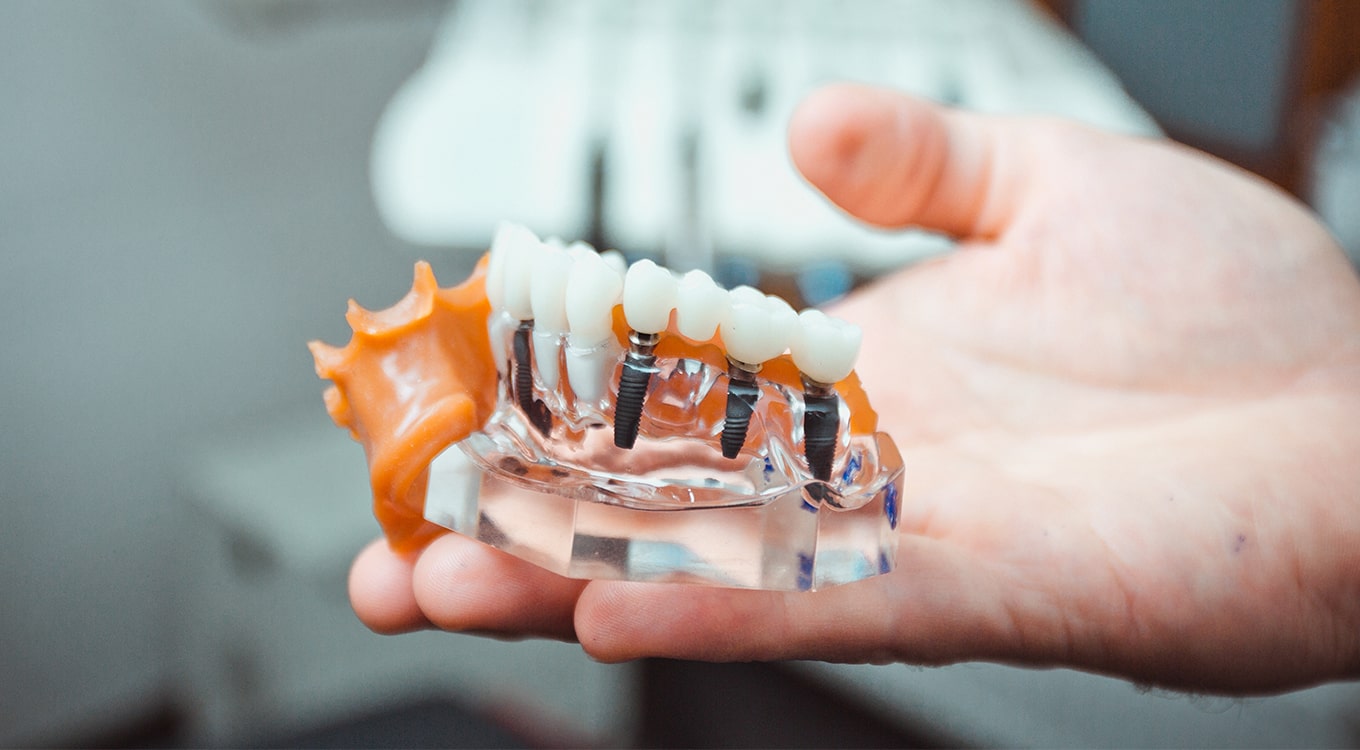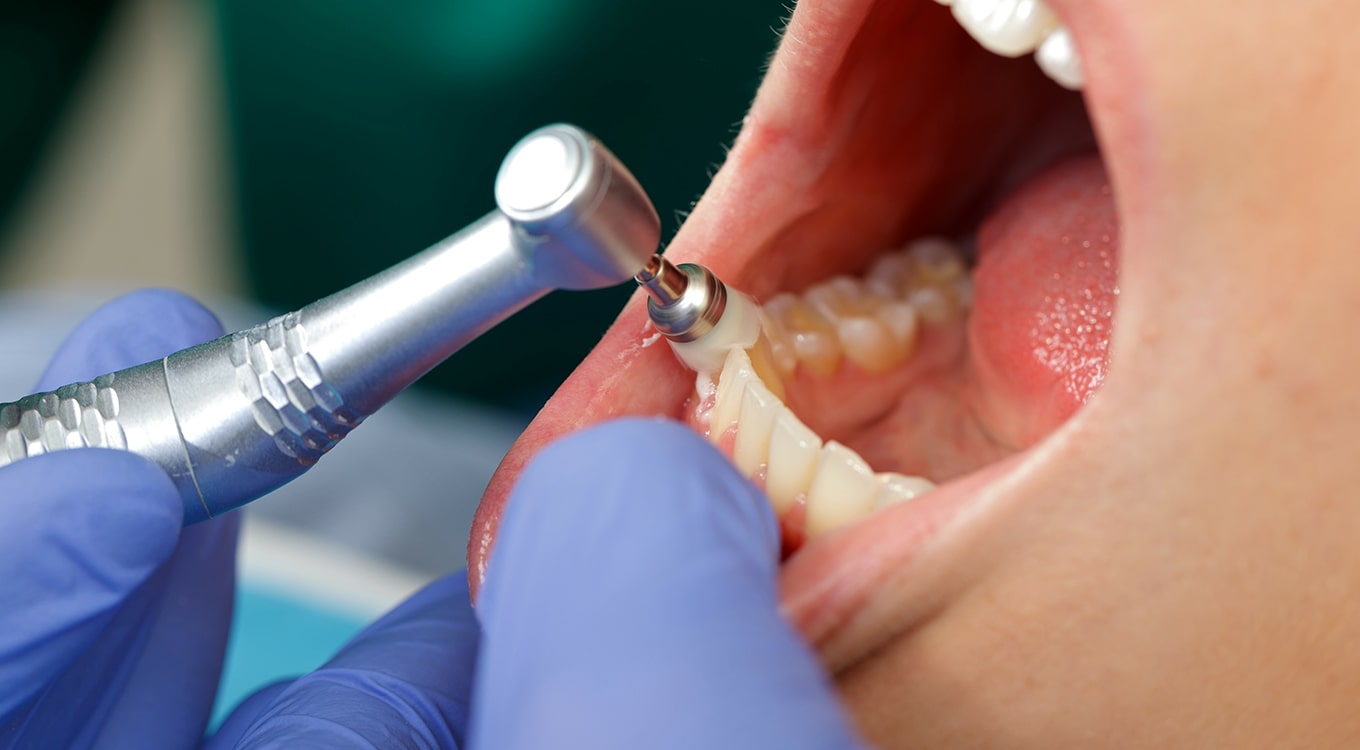24/7 Patient care team available by phone. Call to schedule an emergency appointment within 24 hours.
Cash, Credit/Debit card, Careington, Care Credit
Acceptable insurances are determined in the office at time of visit.
Toothache, root canals, tooth extractions, infected or distressed teeth, broken or damaged teeth, veneers, crowns, fillings, chipped teeth, missing teeth, dental implants, and bridges
24/7 Patient care team available by phone. Call to schedule an emergency appointment within 24 hours.
Cash, Credit/Debit card, Careington, Care Credit
Acceptable insurances are determined in the office at time of visit.
Aspen Dental is here when you're experiencing a dental emergency and finding professional care can't wait. We accept walk-in's or scheduled appointments for same-day care. Our team of emergency dentists can help you find the right solution that brings relief‐all in a compassionate & caring setting. If you have excessive pain, sudden tooth loss, or unmanageable bleeding and discomfort, don't wait, seek emergency dental services today!
Dental emergencies can vary in severity, ranging from minor injuries to abscessed teeth. Suppose you find yourself in need of emergency dental care in Terre Haute, IN. In that case, knowing how to alleviate swelling, bleeding, discomfort, and pain associated with the emergency is essential. Taking immediate action can help manage the situation before you can see an emergency dentist.
At Aspen Dental, our professional emergency dentists can save your tooth in a dental emergency. We will do everything possible to preserve your natural tooth. However, if saving the tooth is not feasible, we offer a variety of tooth replacement procedures. Our team will guide you through the options and help you choose the best solution for your needs.

When seeking urgent dental care or during dental emergencies, it is advisable to contact the dental clinic in advance or visit in person. Our experienced team addresses your dental emergencies promptly and provides the necessary treatment to alleviate pain and restore oral health. Contact Aspen Dental in Terre Haute, IN, for immediate assistance during dental emergencies.

If you encounter any of the mentioned dental emergencies, it is crucial to seek prompt dental care. Aspen Dental offers excellent emergency dentistry services in Terre Haute, IN, providing expert assistance for any dental situation. Their dedicated team of emergency dentists is available round-the-clock, ensuring you can reach the EDS office anytime by dialing 844-511-2819.
A: Teeth whitening is a highly effective method used to lighten the natural color of teeth without altering the tooth surface. While it may not result in a drastic color transformation, it significantly brightens the existing shade of teeth. The process aims to remove stains and discoloration, resulting in a whiter and more radiant smile.
A: Specific individuals may experience tooth sensitivity to cold temperatures during or after tooth bleaching. Discomfort in the gums, a sore throat, or white patches along the gum line can also occur. However, these side effects are typically temporary and should subside within a few days after treatment completion.
Office Name
Aspen Dental Terre Haute, IN
Dentist Name
Multiple Dentists Available
Office Address
4440 South US Hwy 41
Terre Haute, IN 47802
Languages Spoken
English
Emergency Weekend Dentist
Emergency Weekend Dentist
Emergency Weekend Dentist
Emergency Weekend Dentist
Emergency Weekend Dentist
Emergency Weekend Dentist
Emergency Weekend Dentist
Emergency Weekend Dentist
Emergency Weekend Dentist
Emergency Weekend Dentist